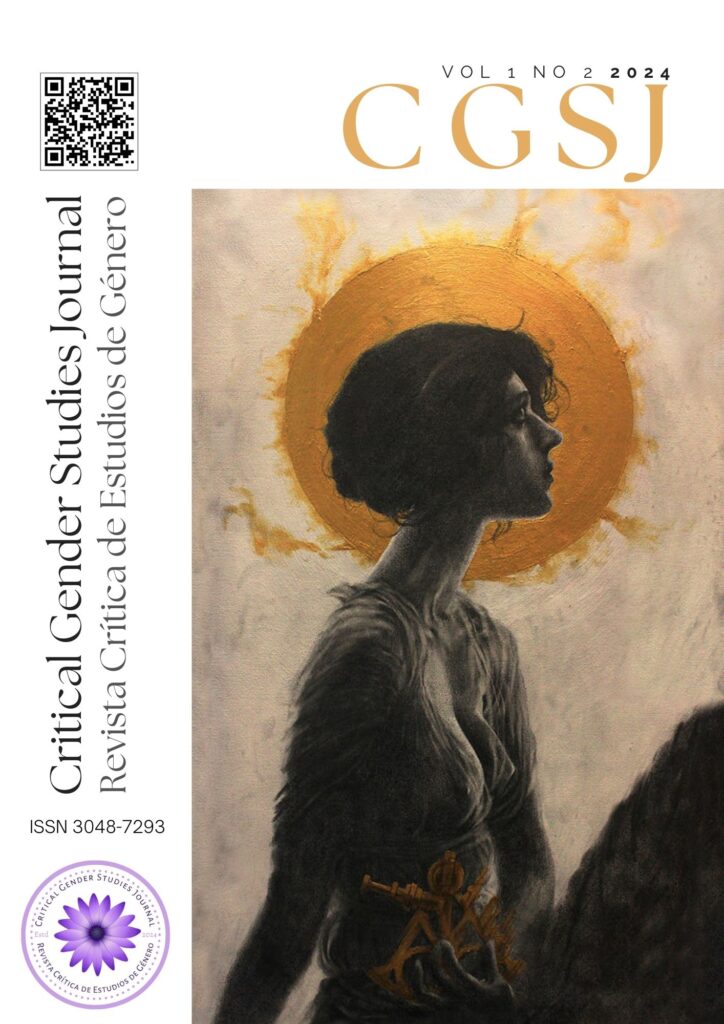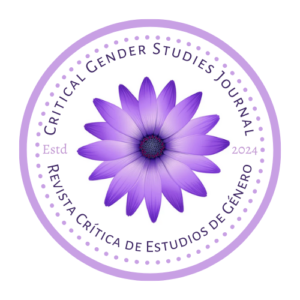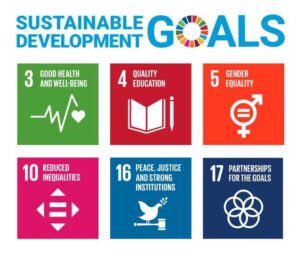The Combinations of Possibilities of “If” in Academic Texts: A Study Based on Two Papers about Women’s History
Leyla Torres-Bravo1* & Miguel López-Astorga2
1,2University of Talca, Chile, Avenida Lircay s/n.
Abstract
From the theory of mental models, it has been proposed that the sentences with ‘if’ can refer to ten different interpretations. Those interpretations are related to the situations in which their clauses are possible. On the other hand, a study suggests that two of those interpretations seem to predominate in academic psychology texts: the conditional and biconditional interpretations, that is, those that logic links to ‘if’. Using sentences from two Women’s History papers, the present work shows a new study trying to move forward in this direction. It also addresses the importance of how historical inquiries relating to women in different contexts can reveal the possible clauses used in their drafting and interpretation. The results are not very different from the previous study. The consequences related to the predominant tendency to the use of ‘if’ as a conditional or biconditional in human and social sciences are discussed.
Keywords: biconditional, conditional, History of Women, mental models, possibilities.
| Funding: No funding was received for this research and publication. Conflicts of Interest: The author declared no conflicts of interest. Article History: Received: 14 August, 2024. Revised: 22 November, 2024. Accepted: 25 December 2024. Published: 29 December 2024. Copyright: © 2024 by the author/s. License: Critical Gender Studies Network (CGSN), India. Distributed under the terms and conditions of the Creative Commons Attribution (CC BY) license (https://creativecommons.org/licenses/by/4.0/). Published by: Critical Gender Studies Network (CGSN) Citation: Torres-Bravo, L. & López-Astorga, M. (2024). The Combinations of Possibilities of “If” in Academic Texts: A Study Based on Two Papers about Women’s History. Critical Gender Studies Journal. 1:2. DOI: https://doi.org/10.21659/cgsj.v1n2.06 |







